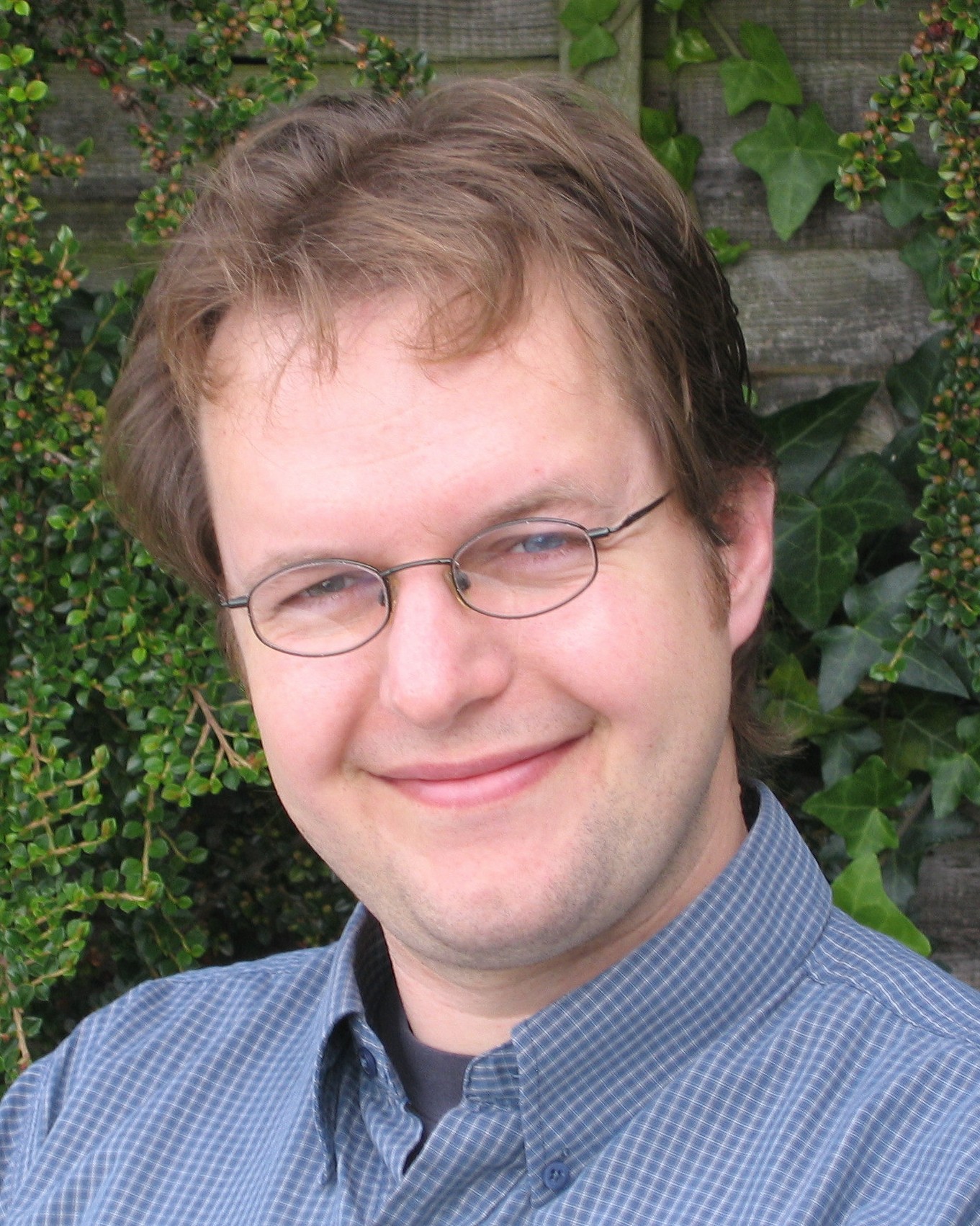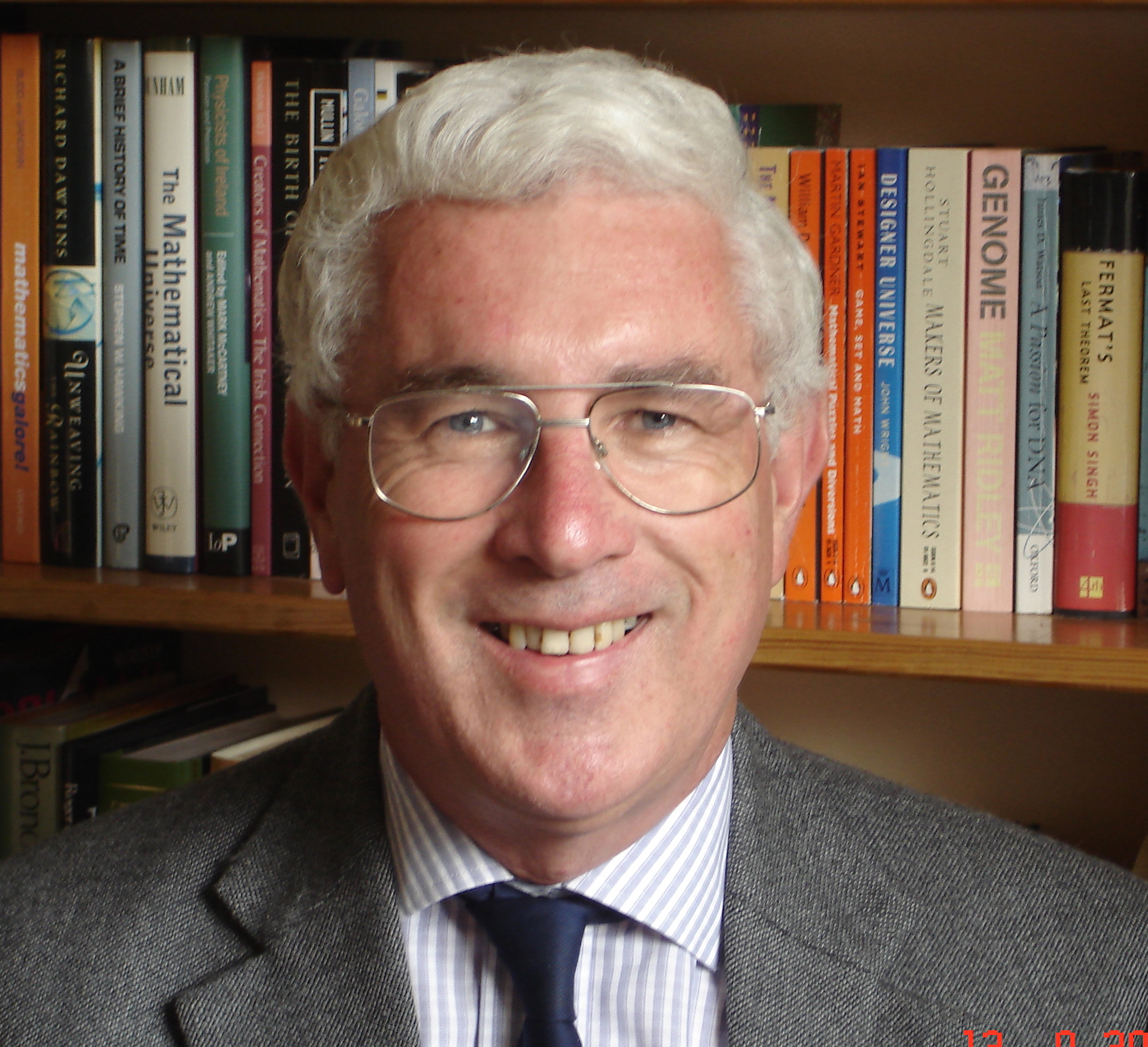The Ninth IEEE Sensor Array and Multichannel Signal Processing Workshop
10th-13th July 2016, Rio de Janeiro, Brazil
Important Dates
Special Session Proposals
5th February , 2016
Submission of Papers
11th March, 2016
Notification of Acceptance
29th April , 2016
Final Manuscript Submission
16th May, 2016
Advance Registration
16th May, 2016



